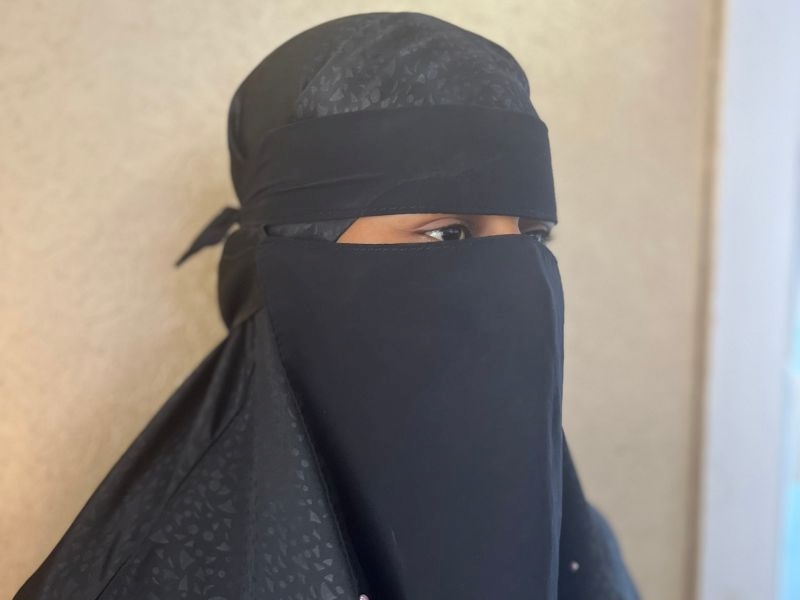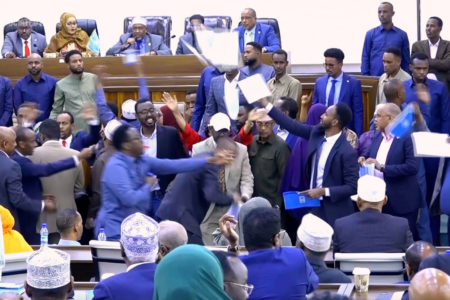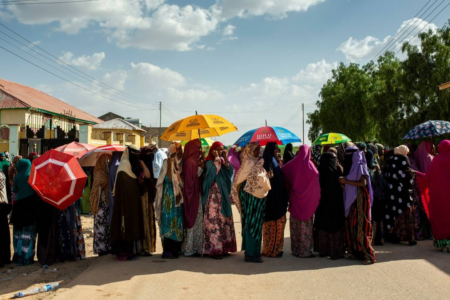In one of the world’s most perilous nations for Christians, religious persecution in Somalia is a harsh reality.
This article delves into the kinds of religious persecution in Somalia and how organizations like International Christian Concern (ICC) are working to support them.
Why There is Extreme Religious Persecution in Somalia?
In Somalia, embracing Christianity is an act of immense courage, often met with severe consequences ranging from social ostracization to forced displacement, imprisonment, and even death.
The nation’s dominant extremist groups and deeply conservative communities view conversion from Islam as an unforgivable betrayal, making life as a Christian a constant struggle for survival.
Understanding the Forms of Religious Persecution in Somalia
Christians in Somalia endure a multifaceted form of persecution, impacting every aspect of their lives.
Social Ostracization and Family Abandonment:
Converts to Christianity are frequently disowned by their families and ostracized by their communities. This leads to a loss of support networks, homes, and often, their very identities within Somali society.
Threats and Violence from Militant Groups:
Groups like al-Shabaab actively target Christians, particularly converts.
Attacks can include property destruction (like burning down farms), physical violence, and even execution. The threat of violence is ever-present, forcing believers into hiding.
Forced Displacement and Internal Exile:
Many Christians are compelled to flee their villages and homes to escape persecution.
This often means leaving behind all their possessions and seeking refuge in urban centers like Mogadishu, where they must live in absolute secrecy.
Lack of Legal Protection and State-Sanctioned Discrimination:
The Somali legal system offers little to no protection for Christians, especially converts.
There are no official churches, and public practice of Christianity is impossible.
This absence of legal safeguards leaves Christians vulnerable to both state and non-state actors.
Economic Hardship:
Due to discrimination and the need for secrecy, many Christians face severe economic hardship.
They may lose their jobs, businesses, or access to essential services.
Psychological and Emotional Toll:
Living in constant fear, isolation, and secrecy takes a significant toll on the mental and emotional well-being of Christians in Somalia.
The inability to openly practice their faith or connect with fellow believers can lead to profound loneliness and despair.

How Do Organizations Deal with Religious Persecution in Somalia?
Despite the overwhelming challenges, Christians in Somalia find ways to practice their faith and support one another, often with the clandestine assistance of organizations like International Christian Concern (ICC).
Living in Secrecy and Underground Churches:
Christians in Somalia largely operate in secrecy, forming “underground churches” in hidden locations. These clandestine gatherings allow believers to worship, study the Bible, and find community away from prying eyes.
Safe Houses as Havens for Persecuted Converts:
To address the critical need for secure refuge, organizations like ICC establish and support networks of safe houses.
These homes, often operated by trusted underground church leaders, provide a secure environment for persecuted converts to heal, hide, and grow in their faith.
Discreet Missionary Work in Hostile Territories:
In highly hostile regions, individuals supported by organizations like ICC engage in quiet, discreet missionary work.
For example, a nurse might use her medical profession as a bridge to share the gospel with women and children, leading to secret conversions and the formation of hidden believer networks.
Emergency Relief and Humanitarian Aid for Survivors:
When believers are directly targeted and forced to flee, organizations like ICC provide emergency aid for essential needs such as rent, food, clothing, and secure relocation.
Supporting Christian Families in Exile:
The persecution extends beyond Somalia’s borders, as many Christian families who have fled the country still face discrimination and economic hardship.
ICC provides support, such as covering school fees for children, enabling them to continue their education and stabilize their futures in their new homes.
Maintaining Anonymity for Protection:
A key aspect of supporting Christians in Somalia is maintaining absolute confidentiality.
Names, locations, and specific details of projects are kept secret to protect beneficiaries from imprisonment or execution.
The Enduring Light: Hope Amidst Religious Persecution in Somalia
In a land where open worship is impossible and expressing Christian faith can be a death sentence, the silent, yet impactful, work of organizations like ICC ensures that the light of Christianity continues to shine, even if in the deepest shadows.
The unwavering faith of Somali Christians, coupled with this vital support, exemplifies resilience in the face of extreme religious persecution in Somalia.








